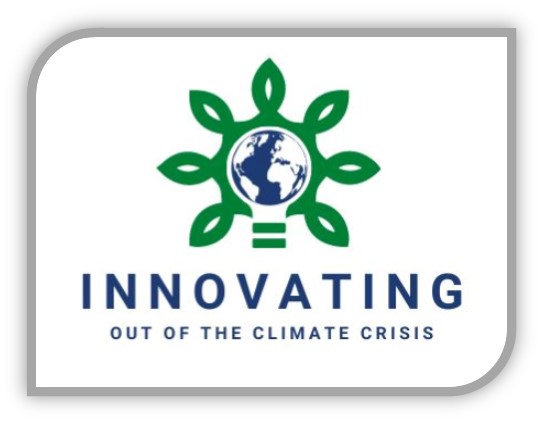
Event Recap: Innovating Out of the Climate Crisis—AgTech
On March 7, the American Security Project hosted its fourth installment of the “Innovating Out of the Climate Crisis” series, which focused on advances in agriculture technology. The expert panel included Allison Thomson, Agmission Program Director at the Foundation for Food & Agriculture Research; Renee Vassilos, Director of Agriculture Innovation at The Nature Conservancy; and Stephanie Mercier, Senior Policy Adviser at the Farm Journal Foundation. ASP Senior Adjunct Fellow Lindsay Iversen moderated the discussion.
Stephanie Mercier began the meeting by clarifying the economic state of farming in America, where family farms are in the majority, but only five percent of farmers make over a million dollars in profits, while accounting for 65 percent of production. Allison Thomson followed, to illustrate the impacts of climate change on farms around the world, through more extreme events and erratic precipitation, as well as shifting growing seasons and higher temperatures. U.S. farmers have a relatively robust adaptive capacity for these problems with access to loans and grants, but many farmers around the world do not.
Farms are not neutral actors in the climate; as Iversen pointed out, they supply about 10 percent of greenhouse gas emissions. Two primary practices were discussed to address this issue: the first is precision agriculture, and the second is regenerative agriculture. Renee Vassilos highlighted that part of the barrier to widespread adoption of precision agriculture, such as organic replacements for synthetic nitrogen and autonomous equipment, is that it is not commercially viable. As for regenerative agriculture, Thomson explained, there are great examples of using cover crops and more sustainable practices to reduce inputs and run-off, but the support structure for farmers has not incentivized the majority to make these shifts. Additionally, Mercier noted that research is being done to reduce methane emissions from cattle through genetic modification and the addition of seaweed to their diet.
The challenge will be making these practices cost-effective for farmers. Indeed, Mercier highlighted that it is large commercial farms that have the financial and technical resources to adopt innovative and more climate-smart practices such as precision agriculture. Mercier added that farmers need incentives to shift, some of which can be found in the Inflation Reduction Act, which provides an additional 19 billion over five years through voluntary conservation and assistance programs. Vassilos also acknowledged that venture investment in start-ups and consumer demand for climate-smart commodities will help move the needle on sustainable agriculture technology.
Closing out a broad discussion about the challenges and opportunities for agriculture technology, the panelists reiterated the message that farmers were interested in sustainable agricultural practices but needed incentives to change the status quo and move toward more efficient and climate-smart practices.





